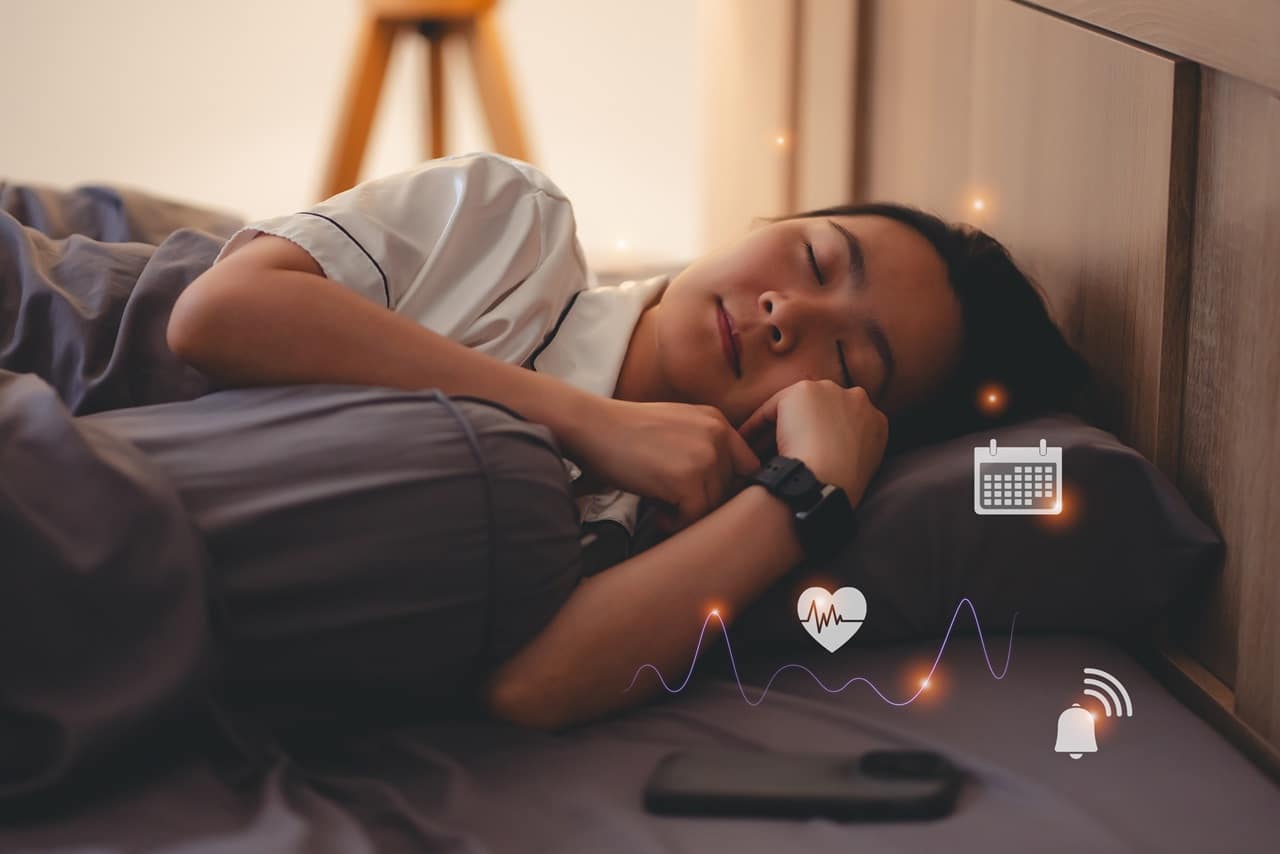Artificial intelligence is transforming the way we monitor sleep, offering groundbreaking insights into health and well-being.
Revolutionizing Sleep with AI
With people spending nearly a third of their lives asleep, the ability to analyze sleep patterns is invaluable. AI-powered sleep tracking is revolutionizing how we understand rest, detecting disturbances, breathing irregularities, and even early signs of illness. This technology is making proactive healthcare more accessible than ever before.
How AI Monitors Your Health While You Sleep
Unlike traditional sleep studies that require expensive lab visits or wearable devices, AI-driven sleep analysis apps work passively in the background. By analyzing key biological signals, such as coughing patterns and breathing fluctuations, AI can provide health insights without any effort from the user.
These insights go beyond improving sleep quality—they serve as an early warning system for potential respiratory or neurological conditions, allowing individuals to take action before symptoms escalate.
The Role of AI in Public Health
Aggregated sleep data could have a profound impact on public health initiatives. By anonymously collecting and analyzing trends, AI-powered sleep tracking can help predict outbreaks of respiratory illnesses. This data could inform healthcare professionals, enabling them to allocate resources more efficiently and respond to potential health crises faster.
For example, AI-driven systems may detect spikes in nocturnal coughing patterns across cities, providing an early indicator of flu outbreaks or environmental health hazards. This predictive capability empowers both individuals and healthcare systems to stay ahead of potential health threats.
AI’s Predictive Power in Illness Prevention
One of the most groundbreaking aspects of AI in sleep tracking is its predictive power. By identifying abnormal sleep and respiratory patterns, AI can warn immunocompromised individuals about potential health risks, allowing them to take precautions before illness spreads.
This application is particularly relevant in workplace settings, where AI can help businesses implement proactive health measures. By monitoring trends in respiratory symptoms, companies can encourage remote work during peak illness periods, reducing workplace infections and improving productivity.
The Future of AI in Sleep and Healthcare
As AI continues to evolve, its integration into health monitoring will become even more sophisticated. Future advancements may include AI-powered sleep tracking that not only detects irregularities but also provides personalized recommendations to improve sleep quality and overall well-being.
Moreover, AI’s impact on healthcare extends beyond sleep tracking. Recent reports suggest that AI is playing a crucial role in transforming healthcare, biopharma, and wellness industries, further emphasizing its potential in disease prevention and management.
Conclusion: A Step Toward Proactive Health Monitoring
AI-powered sleep tracking is not just about improving rest—it’s about revolutionizing healthcare. By harnessing the power of AI, individuals can take control of their health like never before, while public health officials gain access to real-time data that can shape future medical strategies.
As AI continues to advance, we are moving toward a future where healthcare becomes more proactive, personalized, and accessible to all.







